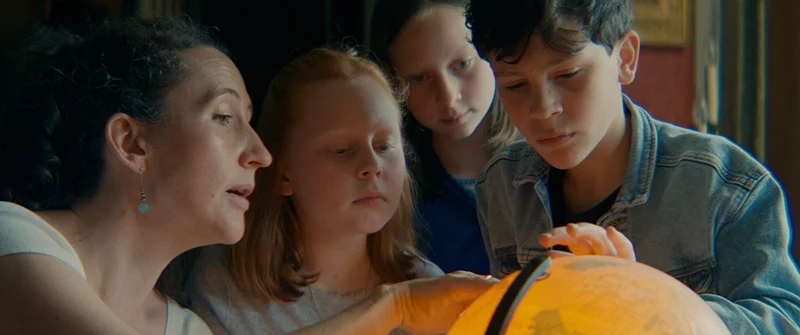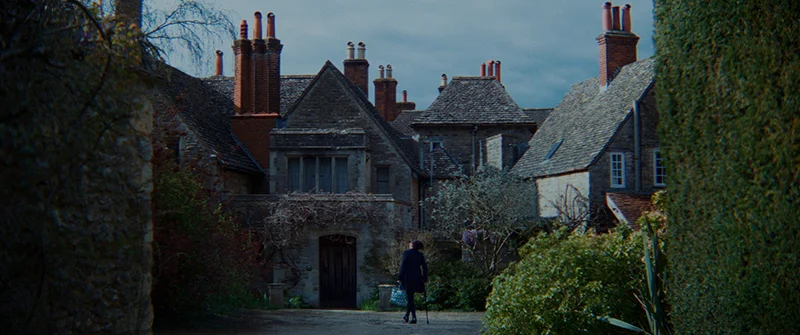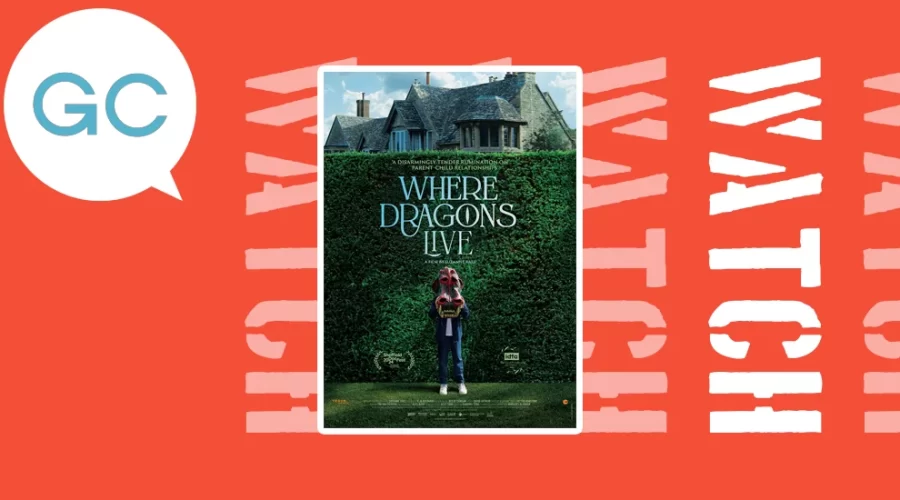As journalists, when we review a film, a book, food, or anything else, we have to write the review for the reader, removing any thoughts we have about the feelings of those who created it.
Our responsibility is always, above all, to give the reader our authentic perspective, not to please or placate creators.
Otherwise we’re part of their PR team, not objective reporters.
However, having been a journo for 13 years now, I have also come to believe that objectivity in journalism is almost always a myth. Every choice we make when writing an article reflects something of our viewpoint, or the policies of our employers.
The headline we choose, the people we request interviews from, even the pull quotes we highlight, are all choices we make that push a message to some degree, however much we may balance the information we are writing about.
Objectivity in journalism is almost always a myth
This is even more true with reviews. The whole point of a review is to give the reader a perspective that goes beyond a factual description of a creation. A review that just says “This is a book about divorce” is of little use, whereas a review that says “This book so accurately portrayed so much of what I, too, felt when I got divorced” is both compelling and useful.
I spent some days last week in a pretty town called Lewes, primarily to watch a film called Where Dragons Live followed by a Q&A with its director, Suzanne Raes, and protagonist, artist Harriet Impey.
It was the third time I had seen the film and, like often happens with repeat viewings of thoughtful creations, I have spotted new layers of nuance every time I’ve watched it. Where Dragons Live is clever, and it has depth.
But to review it at this point would be unethical without telling you that the aforementioned Harriet is a good friend of mine, and having spent a couple of days with Suzanne, I liked her and thoroughly enjoyed her company.
It would be impossible for me to review Where Dragons Live with even a pretence of neutrality.
So, of course, this changes my perspective on the film. As it should. When I first saw Where Dragons Live at Sheffield DocFest last year, I found it profound and thoughtful, but by my third viewing last week, it felt even more meaningful.
How much of this was because it was the first time I was seeing it on the big screen? How much because layers of nuance become ever clearer the more you rewatch something that has been created so carefully? And how much because I was sitting next to my friend, who was in it, and was seeing it to some degree through her eyes, too?
So, of course, this changes my perspective on the film. As it should
It’s impossible to unpick, because really it’s all of them. It is absolutely true that this is a sensitive and many-layered production. The beauty of the cinematography and effectiveness of the careful sound design and direction are unquestionable.
But how much did I find it moving because it involves my friend?
Then we come to the reviews of the film, in which there are, of course, a range of opinions. Reading reviews when you are completely neutral about a production and the people involved feels very different to reading them when you love and care about the people involved.
This is something I have experienced with a number of friends, who have created a plethora of useful, clever, insightful and beautiful things that, I would argue, have enriched and benefited the world.
I like to think that I would love those creations just as much if I didn’t love the person who made them, but I’ve got no way of knowing.
So, as journalists, how do we balance this? I find myself reading some reviews of Where Dragons Live and questioning how necessary some of the implied judgements about my friend and her family are.
Equally, I’m sure I could look back at reviews I’ve written myself and find some unnecessarily unpleasant judgements about people, too.
Plus, as objectivity doesn’t really exist in journalism, and certainly not in reviewing, what am I expecting journos to do?

Perhaps I’m arguing for neutral critique, but then why is Jay Rayner being scathing about a restaurant such a unique joy on a Sunday?
If we try to review with more kindness and consideration, are we denying our readers something that they want, or that they would appreciate? Are we sugar-coating the truth?
Or if we simply talk about technicalities and themes rather than people themselves, are we sterilising what we write or leaving readers with less of a sense of a film or a piece of music?
Plus, if we love an actor, a writer, a performer or a director, we want to say so. Should we not do the same if we dislike them?
There are strong arguments for deprioritising cruelty in journalism
Having said all that, and looking at journalism in its current state, there are strong arguments for deprioritising cruelty in this industry. Even if it takes away a fun zinger that would make a great pull quote. There are humans at the end of every article and review and, if we care about being ethical in our journalism, we may need to think about that before taking any pleasure in tearing somebody apart.
It’s not that we shouldn’t criticise people. Journalism should, after all, comfort the afflicted and afflict the comfortable.
It’s that ripping somebody to shreds for sport (or for that blessed pull quote) may not, actually, be what we came into this career to do. It may not serve our readers. It may not be responsible, ethical, or even desirable.
I wish I was writing this because I had a definitive answer to these questions. Instead, I’m writing it because I don’t know.

In the meantime, do watch Where Dragons Live if you can. It’s a documentary about a well-off family in Oxfordshire who, after their parents die, have to clear out a frankly gigantic house of its overwhelming number of possessions.
It is thought provoking. It is more relatable than you might expect because, even though most of us don’t live lives like that, or even know people who do, we do all experience loss, pain, sadness, complex family relationships, and mixed feelings and nostalgia about childhood memories.
I’m not going to pretend I can be neutral or objective about it. Of course I can’t, its main character (if you can call someone in a documentary that) is someone I value highly in my life.
But what I can say with certainty is that Where Dragons Live is worth viewing if you enjoy thoughtful, cleverly made cinema that will leave you asking questions of your own life, and of your assumptions about others’ lives too.
Where Dragons Live is showing in selected UK cinemas and is now available to view online.

